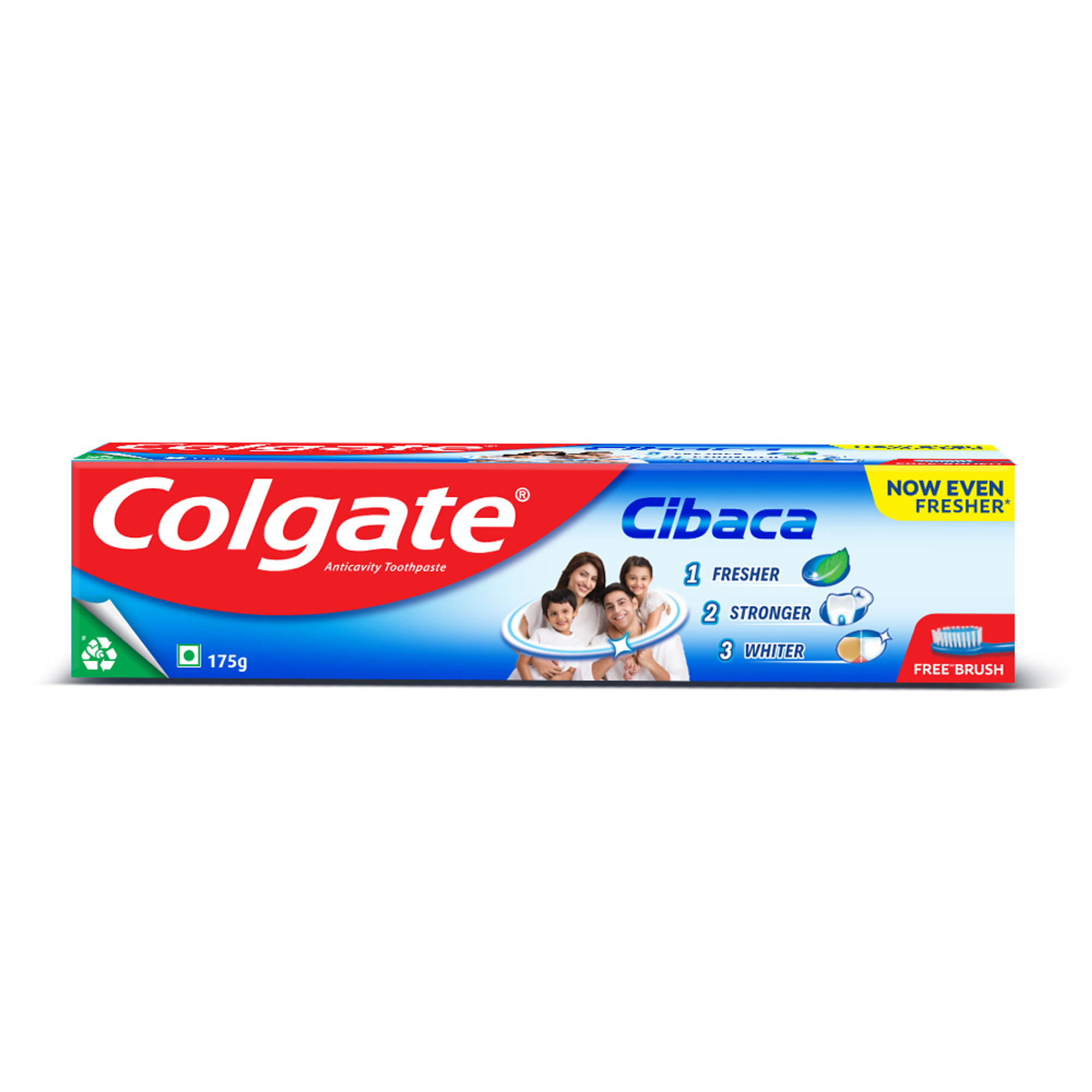Prescription Medications and Dry Mouth
In the past 20 years, a majority of Americans feel that prescription medications have improved the lives of people living in the United States (73 percent) as well as their life and their families lives (63 percent). Over half of all adults are currently taking prescription medication and one in five takes four or more prescription medications per day1.
Dry mouth or xerostomia is a condition that occurs when the salivary glands of a person do not function normally, resulting in inadequate secretion of saliva in the mouth. There are three major salivary glands in the mouth and prescription medications can affect each of them. If you are taking prescription medications, please inform both your medical and dental professional of the type of prescriptions you are taking.
What Drugs Cause Dry Mouth?
More than 500 medications cause dry mouth and when multiple drugs are taken they can increase the severity of dry mouth2, 3. The following classes of prescription drugs that affect the salivary glands are:
- Antihistamines: Prescription drugs in this category affect the production of saliva. These may include: Benadryl®, Claritin, Zyrtec, etc.
- Antidepressants: People taking antidepressants will also be affected by dry mouth. These types of drugs will affect the quantity of saliva production. These include Zoloft, Flexaryl and Elavil.
- Antiemetics: These are drugs that are prescribed to prevent vomiting and nausea in chemotherapy and radiation therapy and are also used to treat motion sickness (e. g., Anzemet, Domperidone).
- Antihypertensives: The antihypertensive medications (e.g. Albuterol aerosol, Norvasc, Prinivil) are taken for the control of blood pressure.
- Antiparkinson: The drugs in this category are prescribed to relieve the symptoms of Parkinson’s disease and other forms of Parkinson’s (e. g., Levodopa, Artane).
- Antispasmodics: These drugs are used to treat and relieve cramps and spasms that occur in the stomach, small and large intestines and the bladder (e. g., Dicyclomine).
- Antipsychotics: Drugs that are given for psychiatric disorders, anxiety and depression (e. g., Zoloft, Lexapro).
- Sedatives: This is a substance that induces sedation by reducing excitement or irritability and relieves anxiety (e. g., Amytal, Valium, Lunesta).
If you are taking any of these drugs, consult your physician and dentist to determine how you can control dry mouth. There are prescriptions and over-the-counter medications to relieve the dryness. Just ask your medical or dental professional for assistance.
References:
1.USA Today/Kaiser Family Foundation/Harvard School of Public Health, The Public on Prescription Drugs and Pharmaceutical Companies, January 3-23,2008.
2.Porter SR, Scully C, Hegarty AM: An Update of the etiology and management of xerostomia, Oral Surg Oral Med Oral Pathol Oral Radiol Endod 97:28-46, 2004.
3.Sreebny LM, Schwartz SS: A reference guide to drugs and dry mouth, ed 2, Gerodontology 14: 33-47, 1997.
© Copyright 2010 Colgate-Palmolive
This article is intended to promote understanding of and knowledge about general oral health topics. It is not intended to be a substitute for professional advice, diagnosis or treatment. Always seek the advice of your dentist or other qualified healthcare provider with any questions you may have regarding a medical condition or treatment.
ORAL HEALTH QUIZ
What's behind your smile?
Take our Oral Health assessment to get the most from your oral care routine
ORAL HEALTH QUIZ
What's behind your smile?
Take our Oral Health assessment to get the most from your oral care routine













